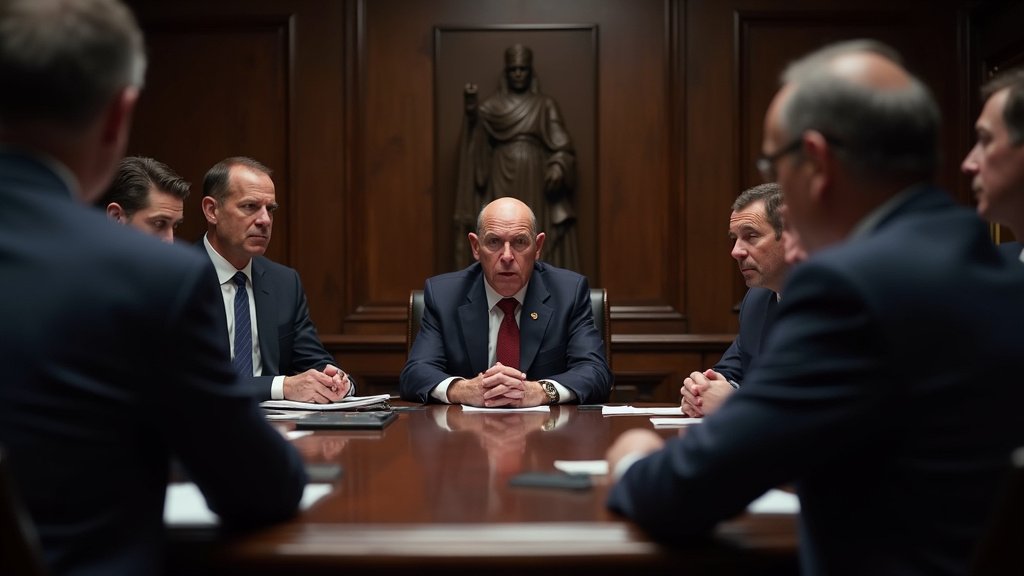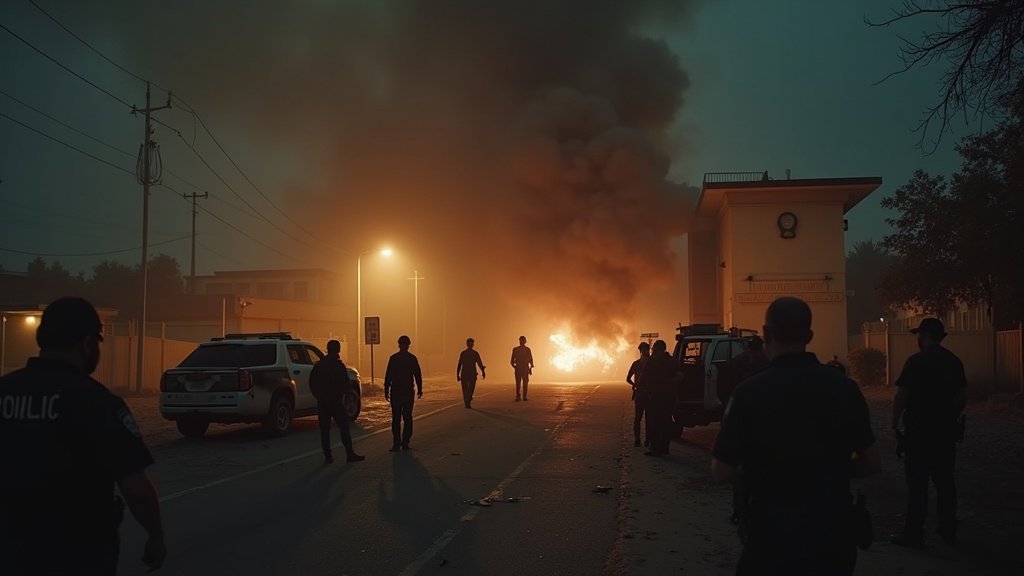AUSTIN, Texas – The Republican Party of Texas’ (RPT) governing board convenes today, October 8, 2025, in a pivotal meeting that could dramatically reshape the state’s political landscape. The State Republican Executive Committee (SREC) is set to deliberate on censuring 10 Texas House Republicans, a move that carries the significant threat of barring these lawmakers from the 2026 Republican primary ballot. This gathering marks the first major test of a new party rule designed to enforce adherence to GOP priorities and principles.
The Core Conflict: Censure and Ballot Access
The central issue before the SREC is whether the 10 House Republicans adequately supported the party’s agenda during the recent legislative session. Accusations range from perceived failures to champion key GOP priorities to actions seen as undermining the party’s platform. The outcome of these deliberations will directly influence the political futures of these elected officials, as the RPT’s enhanced Rule 44 allows for the possibility of denying censured members access to the Republican primary ballot for up to 24 months.
Who is Targeted and Why?
Among those facing potential censure is House Speaker Dustin Burrows. While Burrows’ censure resolution does not explicitly threaten his ballot access, he and nine other Republican representatives are accused of actions contrary to the party’s core principles. A significant grievance cited by some party factions is the support these lawmakers gave to Burrows in his successful bid for Speaker of the House, a victory that came with bipartisan support and was opposed by the state party leadership, which had endorsed Rep. David Cook. Other lawmakers are facing censure for votes related to legislative priorities such as election security and the electric grid. The resolutions submitted by county parties will be reviewed, and if passed by the SREC, could lead to these members being formally reprimanded and potentially excluded from seeking re-election as Republicans in 2026.
RPT Priorities and Internal Strife
The Republican Party of Texas has articulated a clear set of legislative priorities for the 89th Session (2025-2026), including robust border enforcement, securing Texas elections, protecting children from sexualization, banning taxpayer-funded lobbying, and ensuring a stable electric grid. The current push for censure highlights a deep-seated internal tension within the Texas GOP, particularly between the party’s establishment and its more conservative grassroots. This infighting has been evident since the contentious election of the House Speaker, where the party apparatus clashed with lawmakers who aligned with Burrows.
Implications for 2026 and Beyond
The RPT’s new rule, adopted at its 2024 convention, represents a significant escalation in intra-party accountability. If the SREC approves the barring of lawmakers from the ballot, it would be a formidable demonstration of the party’s power to enforce its directives. However, such moves are expected to face significant legal challenges, with some observers and political figures, including megadonor Alex Fairly, vowing to fund opposition efforts. The outcome could discourage bipartisanship and independent thought within the Texas House, fostering further division. The decision today is particularly relevant as Texas prepares for the 2026 election cycle, including a highly contested Republican primary for the U.S. Senate, where party loyalty and alignment with figures like President Trump are increasingly significant factors.
A Defining Moment for the Texas GOP
Today’s meeting of the Republican Party of Texas’ governing board is more than just a procedural vote; it is a critical juncture that will test the party’s internal cohesion and its willingness to wield its power to shape electoral outcomes. The decisions made by the SREC will have far-reaching implications for the 10 Texas House Republicans facing censure and will set a precedent for party discipline and lawmaker accountability in the Lone Star State for years to come. This is top political news with significant trending implications for the future of Texas governance.






